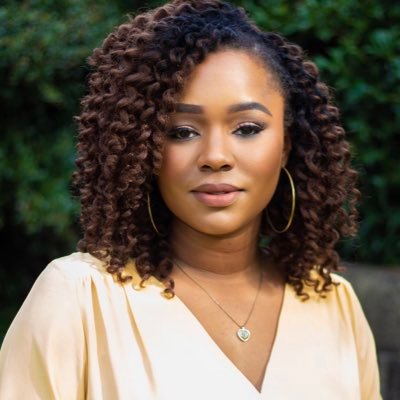
Ross Baird is many things those advocating for diversity in the tech and venture capital industries rally against: He’s white, male and heads up a multimillion-dollar investment firm. He also happens to be leading the charge to extend funding to diverse founders far outside of Silicon Valley, where too often neglected but promising cities are burgeoning with lively startup ecosystems.
The 30-something founder and CEO of DC-based social impact investing firm Village Capital spent the last seven years investing in founders who are solving real-world problems. Over the course of Village Capital’s history, the firm provided seed-funding to over 60 companies around the world that went on to raise an additional $80 million in capital. Of those portfolio companies, 40 percent are led by a female founder and 23 percent are led by a founder of color. Village Capital also maintains an impressive roster of partnerships with companies like PayPal, the Kapor Center for Social Impact and AOL Founder Steve Case’s Revolution venture firm.
Despite an already strong track record of success, Baird and his team are just getting started.
At the crux of Village Capital’s work is a strong belief that the next great billion-dollar idea won't come from go-to hubs for innovation like San Francisco, New York or Washington D.C. Instead, Baird’s betting on the rise of entrepreneurs in overlooked markets overflowing with talent and opportunity — the type of people who just might hold the solutions cities seek to solve some of their most pressing challenges like unemployment, poverty and high resource costs. They just need access to capital and supportive business environments to realize their goals.
“If you look at the numbers, 78 percent of startup investment in the U.S. and nearly 50 percent of startup investment in the world goes to just three U.S. states: New York, Massachusetts and California. About 5 percent of startup investment goes to women, and less than 1 percent of startup investment in the U.S. goes to people of color,” Baird told Next Billion.Where public, private and nonprofit work to spur entrepreneurship has too often existed in fragmented silos, Baird and his team continue to spearhead efforts to foster collaboration, round out resources, and incubate discussions on meeting the various needs entrepreneurs have when launching and growing a business in their respective cities.
Village Capital’s approach to this work isn’t always traditional, meaning the firm experiments quite often outside of the incubator/accelerator model to which many cities turn as their only answer to building a local startup community.
Instead, Baird’s team challenges the narrative of what constitutes the makings of a viable startup community by pushing business and policy leaders to zero-in on what their cities do best and leverage unique opportunities to engage with entrepreneurs in those spaces.
Take for instance Village Capital’s recent initiative in collaboration with Gov. Terry Mcauliffe's five-day, five-city Virginia Velocity Tour. Positioned as a pitch competition, entrepreneurs across the Commonwealth vied for a shot to win a piece of the $125,000 in total funding grants. The tour, which kicked off in late September, was hosted on a souped-up bus where investors, entrepreneurs and city leaders participated in lengthy discussions on the present state of entrepreneurship in their communities. Sector area focus highlighted industry specialties in biotech, health, energy, agriculture and cyber security.
Journeying across the cities of Roanoke, Richmond, Hampton Roads, Northern Virginia and Charlottesville, competing entrepreneurs in each daily cohort got a high-level snapshot at regional strengths, access to public officials and insights on local programming that would be helpful for their businesses.
For example, Lawrence Wilder Jr., advisor on social entrepreneurship for the state of Virginia, detailed information on a tax credit the state offers for investors that provide equity funding to eligible small businesses. The program, now seven years old, has been severely underutilized, Wilder said. Similar programs exist in Louisiana and New Jersey.
Following Village Capital’s lead to close the ecosystem gaps could mean that opportunities such as these aren’t fumbled. Wilder said his office is looking at additional solutions to connect entrepreneurs to local assets and help boost job growth, training and other positive economic outcomes across the state. What this particular portal will look like remains unseen.
Overall, Baird continues to rally in favor of cities creating their own identity for entrepreneurship by working together to strengthen synergies between their assets and invest in diverse entrepreneurs solving worthy problems.
In a recent article, while penning his thoughts on diversity and inclusion for the Kauffman Foundation, Baird wrote:
“[...] We see the more cities seek to expand the access to capital, talent, and resources to founders who the market is undervaluing, the more potential they have to come up with redefining breakthroughs that revolutionize entrepreneurship. This, in turn, helps create the more prosperous and inclusive economy we are all striving toward.”
Images courtesy of Village Capital

Sherrell Dorsey is a social impact storyteller, social entrepreneur and advocate for environmental, social and economic equity in underserved communities. Sherrell speaks and writes frequently on the topics of sustainability, technology, and digital inclusion.














